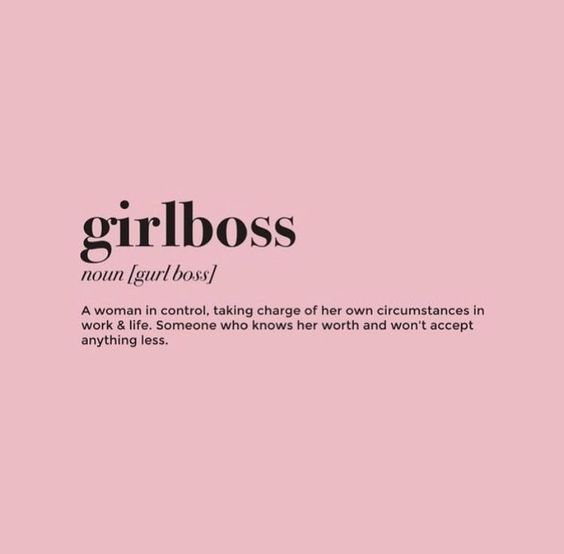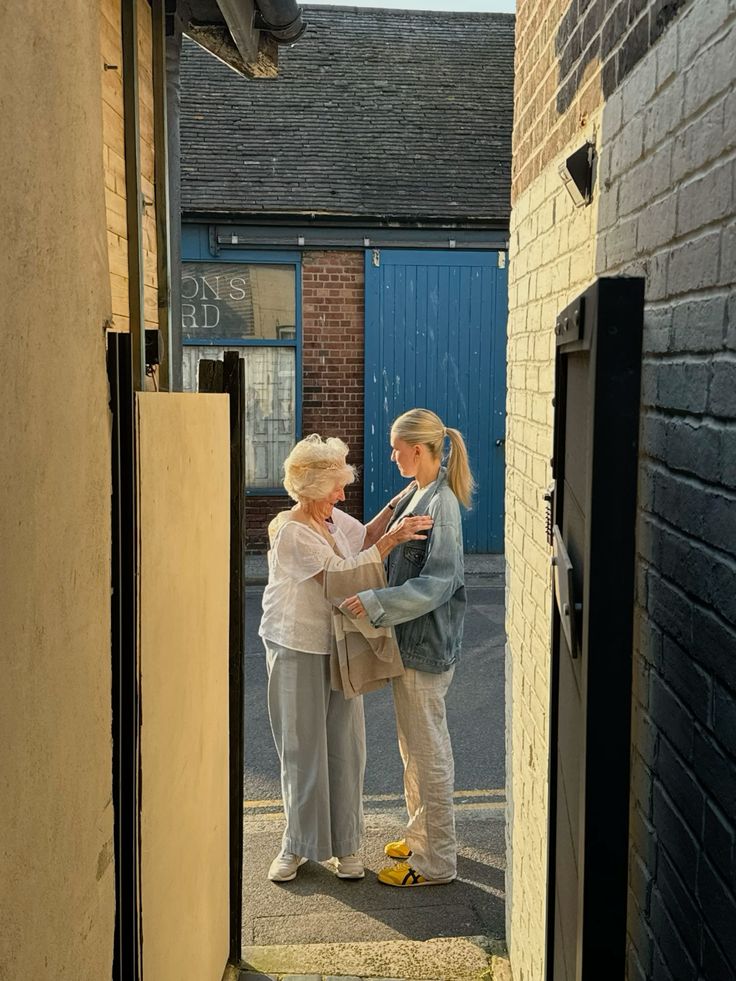A “girlboss” is defined as a term representing feminine empowerment, a self-made woman, a career-savvy woman in a male-dominated field.
The term gained prominence following the publication of Sophia Amoruso’s book, “#GIRLBOSS,” which recounts the journey of a self-made woman who launched her own fashion website. The autobiography was adapted into a Netflix show launching the phenomena of a girlboss into modern culture.
Social media embraced the term and ran with it in six-inch high heels. On Pinterest, search results for “girlboss” feature quotes such as “Be the woman you would look up to,” “There is no competition because nobody can be me,” or the iconic “She believed she could so she did.” All with the same pink hue in the background and bold font.

The aspiration to be a “girlboss” meant that women could achieve everything a man could while maintaining style and serving as an inspiration to other young women pursuing the girlboss lifestyle. The CEO every woman wanted to be, bringing a revolution to the corporate environment.
During its peak in 2016, the concept of a girlboss was inevitable. Especially against the backdrop of women’s marches and uterus hats. The #MeToo movement also gained traction with its call to end workplace harassment. Along with data from the Pew Research Center that said in 2016 only 4.2% of women were CEOs at Fortune 500 companies.
As women were now beginning to join the corporate world at higher rates, a domain originally dominated by men, the demand for reform within large corporations and an increase in women CEOs was destined.
However, as the association of a powerful woman and the term “girlboss” became more intertwined, the consequences were apparent. The phrase eventually fell victim to the fate that often befalls many women empowerment slogans: it became an insult.
Now women who call themselves girlbosses are deemed immature and naive. The overconfidence that wasn’t appealing to the masses and received a lot of criticism. In theory, the totem of being a girlboss worked, but in practice had a different effect.
Women grew tired of their sexuality being tossed together with their workplace positions. The whole idea of being a girlboss worked against itself. It took away the authority of a person and made it solely about their gender, rather than a focus on the work.
The “girlboss” dying is the start of a new workplace environment, one that doesn’t recognize success as defined by their gender.
What do you think its effect was? Let us know @VALLEYmag on Instagram or X!





